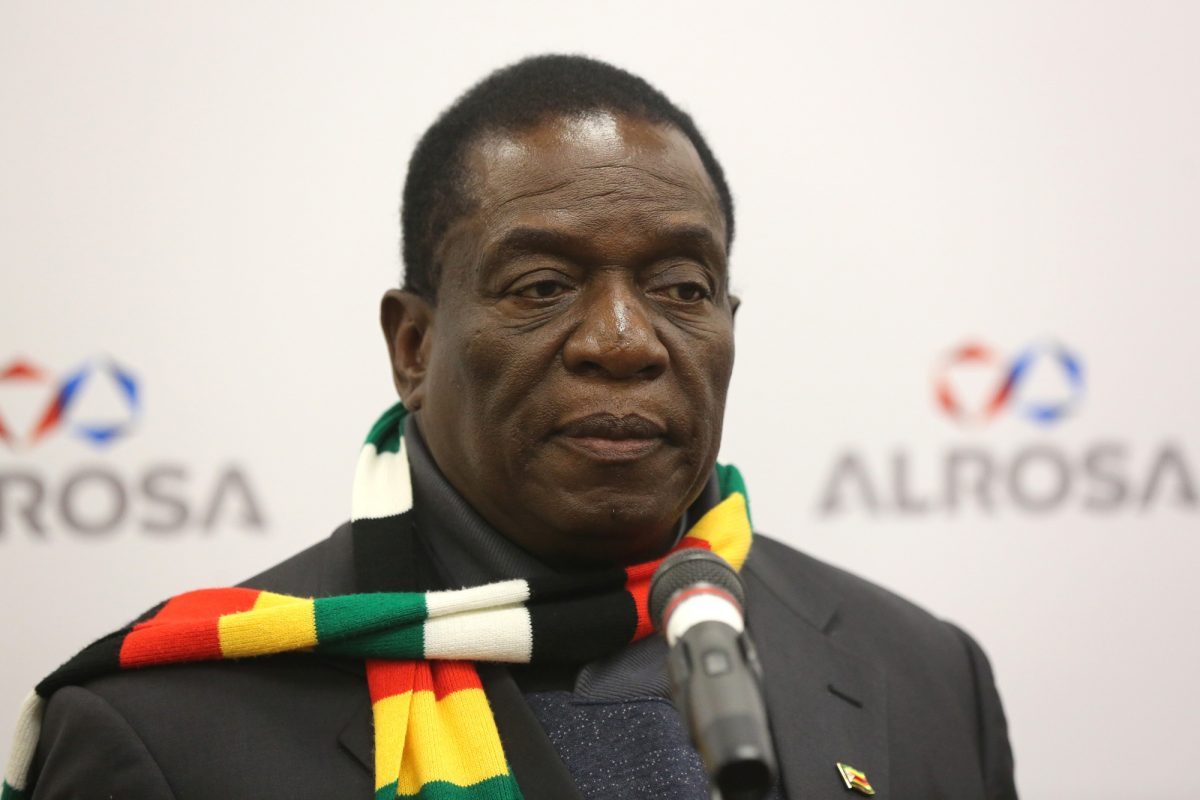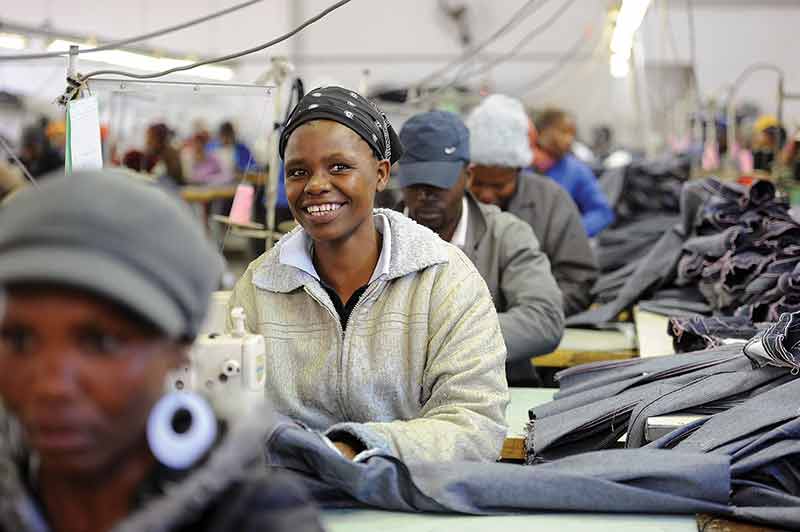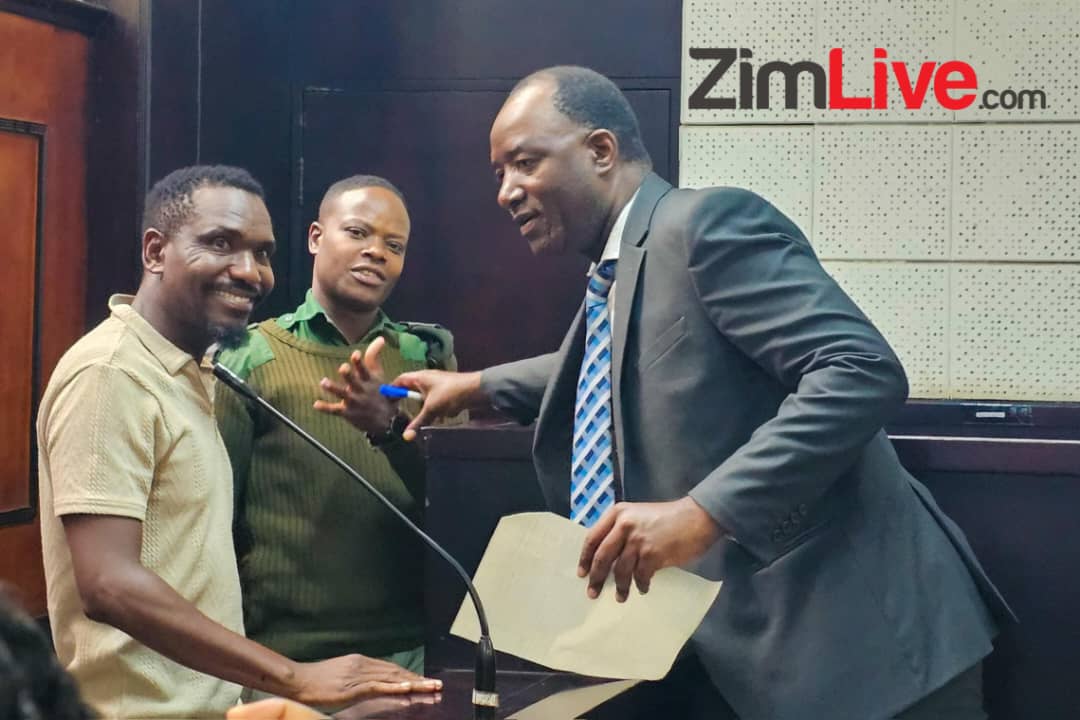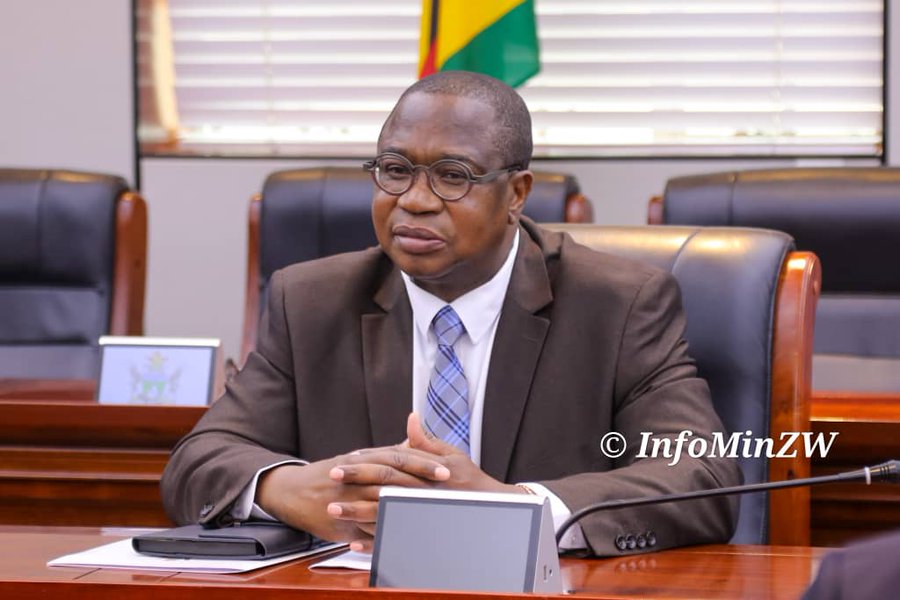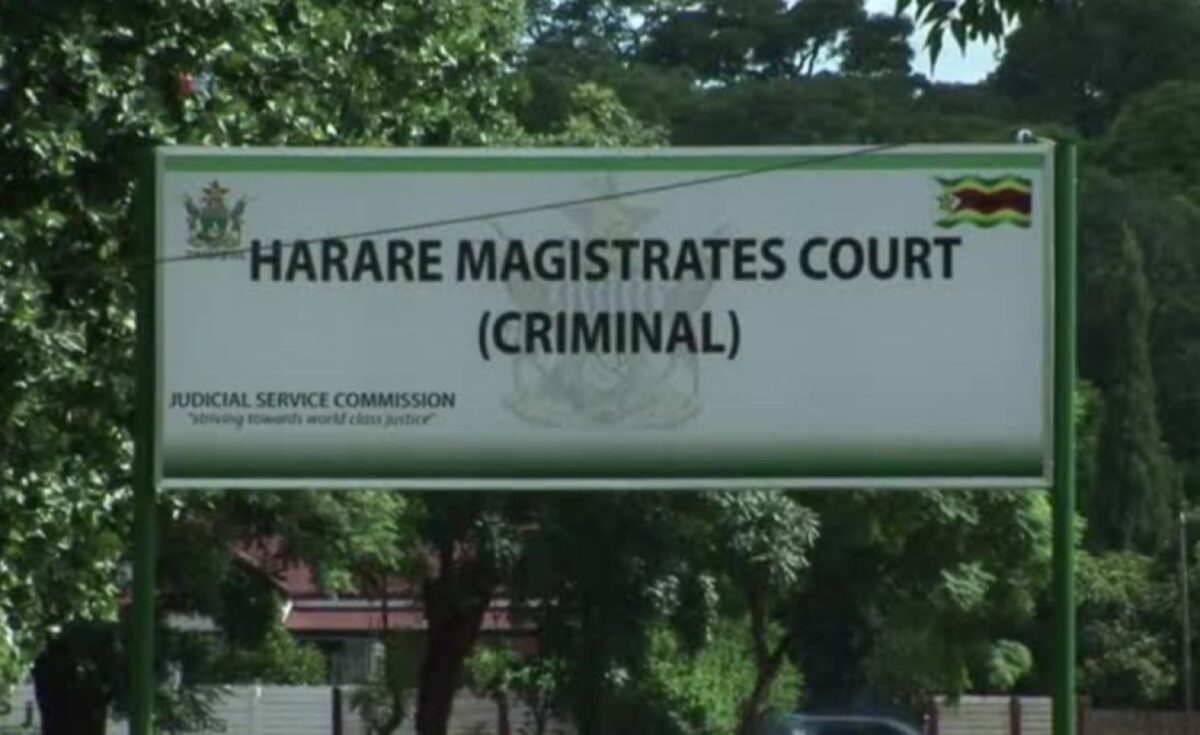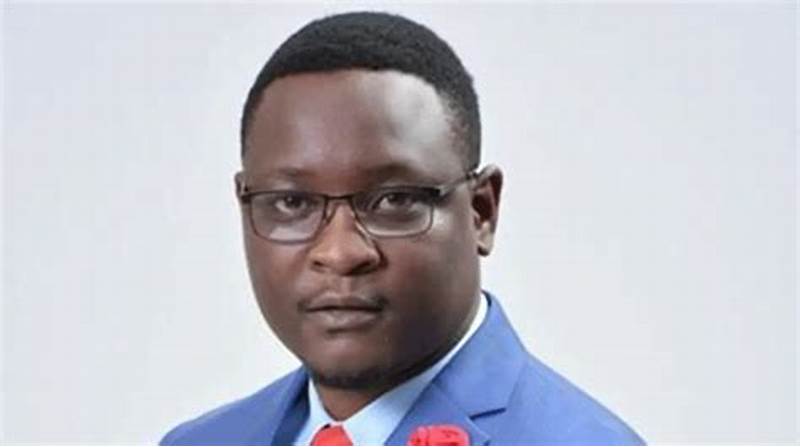BULAWAYO – Zimbabweans who won’t voluntarily take a Covid-19 vaccine will be denied access to jobs and essential services such as public transportation, President Emmerson Mnangagwa said Thursday.
The government rolled out its immunization drive a few days ago targeting frontline workers, including healthcare personnel and immigration officers with the Chinese Sinopharm vaccine.
But the uptake has been subdued even among doctors and nurses as many people question the vaccine’s safety and efficacy, especially against the more infectious South African variant now dominant in Zimbabwe.
“You are not forced to be vaccinated but time shall come when those who are not vaccinated won’t get jobs and won’t be able to board ZUPCO buses. So, decide what you do,” Mnangagwa said, speaking in Shona.
The president was addressing hundreds of Zanu PF supporters who gathered in clear contravention of government’s Covid-19 regulations in Nyamandlovu for the opening of 20 boreholes to supply water to the City of Bulawayo.
While it remains unclear if Mnangagwa’s apparently coercive remarks would translate into government policy, observers said such a draconian measure would not pass the legal test.
Vice President Constantino Chiwenga, who also serves as health minister, became the first Zimbabwean to get a coronavirus shot from the Sinopharm vaccine last week, telling citizens the jab was safe and effective as he sought to allay growing anxieties.
Mnangagwa also vouched for the Chinese vaccine on Thursday and urged people to get vaccinated.
He said the fact that Chiwenga was still alive showed the vaccine had no detrimental effect.
“I-vaccine leyi irayithi, inhle liyithathe (this vaccine is safe, please take it up),” Mnangagwa said, adding, “The vice president of the party and the country had the first jab, he is still here.”
“My cabinet and myself in two weeks will be next when the next batch comes, I will be vaccinated. Wena ungubani (who are you not to get vaccinated)?” he asked.
Mnangagwa said Zimbabwe would soon receive more vaccine doses from mainly China, India, and Russia to fight off the respiratory illness that has since killed 1,458 people and infected 35,994 others.

